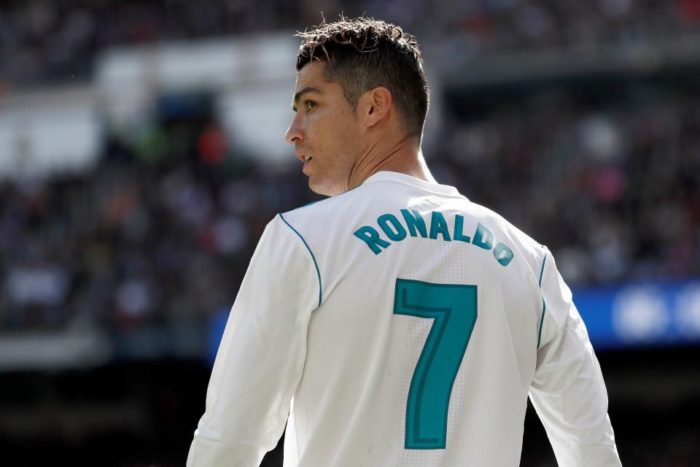Published in Newsweek Japan 3/9/2018
Next year Japan will host the Rugby World Cup. On November 2nd in the Yokohama Stadium, the captain of the winning team will hold aloft the William Webb-Ellis Trophy and bask in the glory of the moment.
But who was William Webb-Ellis?
Two hundred years ago he was a pupil at Rugby School in England. Later to become a clergyman, he was known, according to his schoolmates, for taking “unfair advantage” at both cricket and football. It is for one spectacular act of cheating that his name is emblazoned on a trophy today.
As the memorial plaque at Rugby School puts it, Webb-Ellis “with a fine disregard of the rules of football as played in his time, first took the ball in his arms and ran with it, thus originating the distinctive feature of the rugby game.”
Imagine you were playing football (or soccer, as it is known in some parts) that day, on the opposing team. What emotions would run through your head as you watched Webb-Ellis sprinting up the touchline with the ball under his arm? Probably not admiration for his boldness and creativity. Yet Webb-Ellis was, according to the foundational myth of rugby, a Steve Jobs of sport – a “game-changer” in every sense of the word.
There are many types of sporting visionary. What they have in common is that they are risk-takers and often controversial in their own time. That was the case with Hideo Nomo, who in 1993 became the first Japanese baseball star to transfer to the U.S. Major Leagues. The trail he blazed has since become a familiar pathway trodden by big names such as Ichiro Suzuki, Hideki Matsui and Shohei Ohtani.
When Nomo defied his club and the baseball establishment, there was no precedent. He had to use the legal loophole of “retirement” to get out of what was effectively a lifetime obligation to Japanese baseball. The media was unsympathetic and accusations of disloyalty were common.
Things have changed for more recent transplants, but for Nomo failure in the US would have meant the end of his career. He gambled on his own talent and won. In a few short years Nomo was to become, in the words of writer and baseball expert Robert Whiting, “Japan’s first international sports star” with a hatful of awards and records to his name.
We want mould-breaking sports heroes to be regular guys, the kind of people that would be fun to chat with over a beer. But that cannot be the case. They are different from the rest of us, not just in skill, but in self-confidence, single-mindedness and the ability to handle pressure.
It is no surprise that many of them appear to be narcissistic, like footballer Cristiano Ronaldo, or arrogant, like sumo wrestler Asashoryu and the much-reviled Keisuke Honda, one of the few footballers to have scored goals in three world cups. They have to be. In social life modesty is a virtue. In top-level sports if you doubt your own prowess, you are unlikely to strike fear into your opponents.
From a young age, they have devoted themselves to sporting accomplishment, sacrificing many aspects of a normal childhood and teenage life. Some fall by the wayside, victims of mental health problems and addictions. For others, the price is paid after their careers are over – as in the sad case of jailed baseball star Kazuhiro Kiyohara. It is hard to lead a normal life when you have never known one.
On the field of play, great athletes present different public personalities. Roger Federer and Pele behaved like gentlemen. John McEnroe and Diego Maradona did not. Yet there must be much more to Federer than meets the eye. McEnroe – now an insightful commentator – started hanging out with Hollywood stars at twenty six and was never a competitive force again. Having become the top male player of his era he wanted to enjoy life. For Federer, Wimbledon top seed this year at the age of thirty six, that is not enough. He wants to be remembered as the best player ever. Which is the nice guy and which the ruthless competitor obsessed with winning?
Neymar rolling on the ground as if shot, Maradona’s “hand of God,” Tiger Woods and his women problems – extraordinary athletes often have extraordinary flaws. It comes with the package. If Steve Jobs had been polite and respectful, there would have been no I-Pad or I-Phone. And if William Webb-Ellis had stuck to fair play, rugby might not exist.






